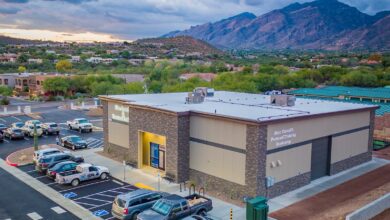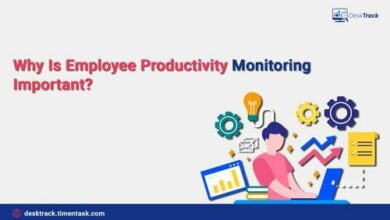Brick and Mortar vs. Steel Buildings for Small Businesses

You’re ready to begin your small business journey. You’ve calculated service and product costs, paperwork including permits and licenses, how many employees you’ll need to hire, where to promote your business on social media and news outlets, and even how to make your grand opening an event no one will forget. And yet, have you thought about the building your business will be housed in? Perhaps you’ve found a place with a suitable design and ample space to grow. But what also needs to be considered is the material the building is constructed from; this way, your small business doesn’t have an end date due to deterioration, weather hazards, or safety concerns. Let’s dive into the pros and cons of brick and mortar vs steel buildings for small businesses and the reasons why steel usually wins out.
Steel is More Affordable Than Brick
When driving down the street, oftentimes you’ll see older homes and businesses made out of brick and mortar. When noticing newer builds, however, these businesses and even sometimes houses are being constructed using steel. Why is this? Steel is more affordable than brick, and here are the reasons why:
- Steel is made from recyclable materials.
- Labor costs aren’t as high when using steel. Brick buildings require more manpower and the hours of labor are longer due to the process.
- Insurance premiums will be lower due to steel being a harder material to damage or destroy. (This will be talked about more below.)
- Steel allows for custom designs for a much cheaper price tag.
Affordability alone provides an easy choice between the two when determining which material would be better for your small business. Instead of conforming to material constraints, steel allows an affordable but still customizable option.
Steel Buildings are Faster to Build than Brick
There are several reasons why steel buildings are faster to build than brick ones:
- Due to mass production, there is less wait time for the materials.
- Steel is able to be bought and constructed in a much shorter time frame than brick because once the frames and sheets arrive on the job site, your building can be erected immediately. When laying brick, wooden trusses must be built first, adding time to the overall construction of the business.
When launching your small business, every second counts. Using steel for your business allows you to be in the building faster, ready to deliver your product or service to the community.
Steel is More Durable Than Brick in the Long-Term
Yes, brick is a strong material. Remember all of the houses you passed by earlier that were made of brick? But with this strength comes other complications down the road. Steel, however, is known for its durability when looking at long-term wear. There are a couple of causes for this:
- Steel has a high tensile strength and load bearing capabilities. This means it’s able to withstand high winds, hail, heavy snow storms, and other hazardous weather. The same may be said for brick, but with most types of dangerous weather comes precipitation, leading to mildew and mold on your brick building. Not only is this a health issue, but it causes the brick to deteriorate faster. There is, however, a lime-based whitewash that can be applied to your building to protect the bricks that is longer-lasting than if not used at all.
- Steel can withstand a lot of force so your building would not be easily damaged. Bricks, however, must be replaced when broken, damaged, or eroded.
Looking at the long-term conditions of each, the upkeep of using brick is not an efficient strategy. The plan is for your small business to thrive and expand in the future; a reliable building with low maintenance costs can provide that.
Steel Buildings Can Be Expanded
Once your small business is not only up and running but thriving, expansion will be the next step. It is much easier to knock out a wall and build on to the frame of a steel building than it is to remodel a brick building. Your small business has the capacity to grow; don’t stifle it by limiting your building space.
When comparing the longevity of brick and mortar vs steel buildings, the latter is on the rise because of its many advantages listed above. Though brick buildings are aesthetically pleasing, steel buildings have a sleek, clean appearance that many businesses seem to be turning to. But if you’re still unsure of which material to use for your small business, why not have the best of both worlds: a steel-framed building with a brick veneer? Your small business is ready to thrive, whichever material you choose to house it in.
Author Bio
Amanda Stockwell is a freelance writer, knowledgeable in many subjects, such as steel buildings and their advantages. She has an MFA from Stephens College, is a mother to two and wife to an Air Force pilot, and when she’s not writing and editing, she can be found reading or baking.












